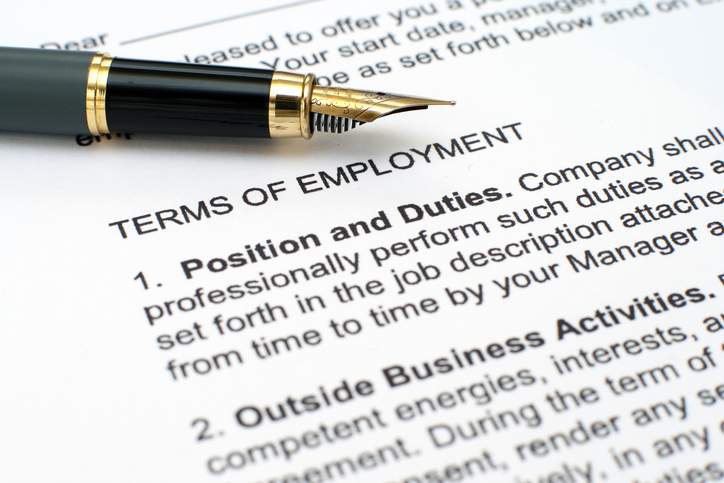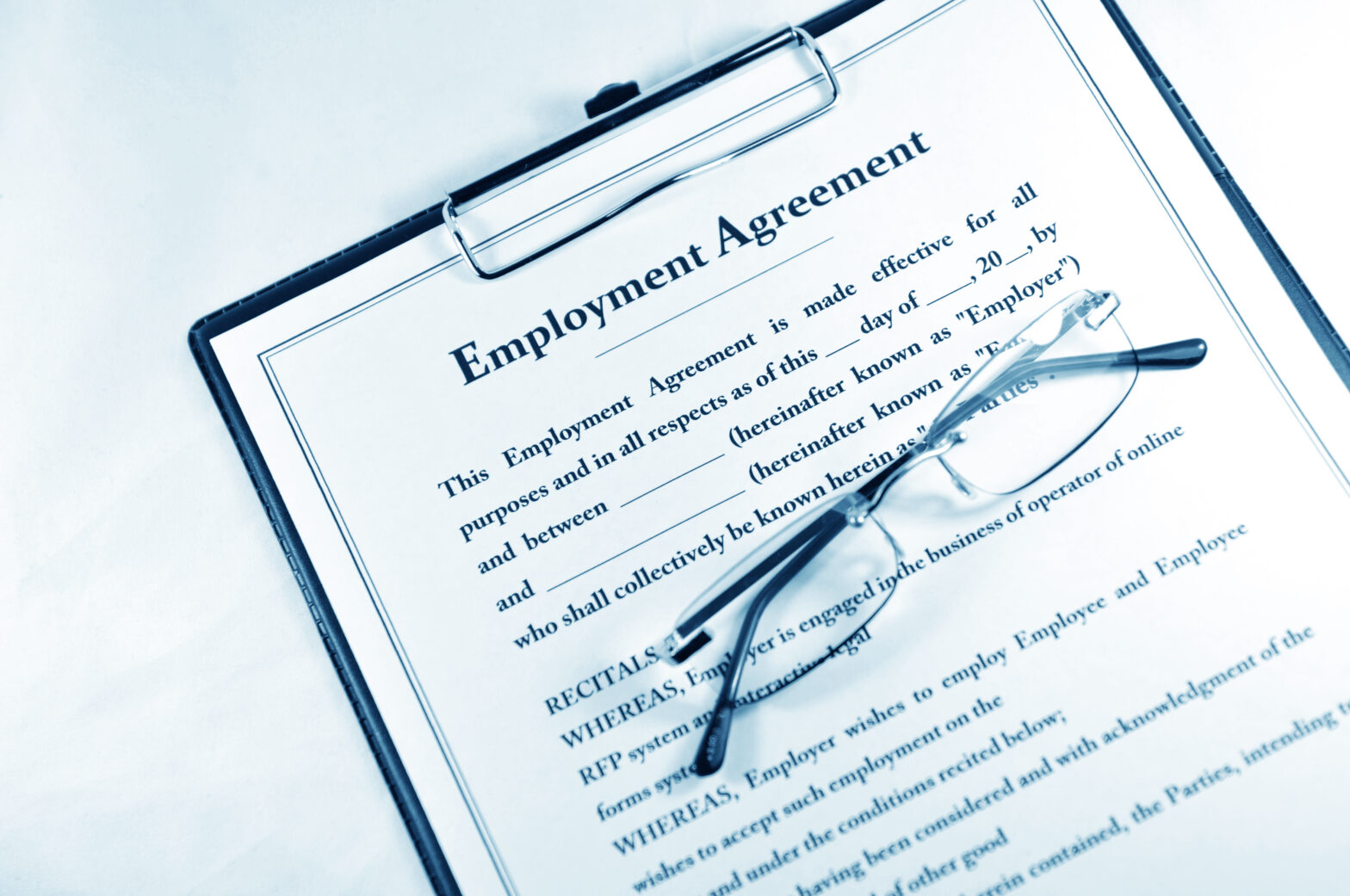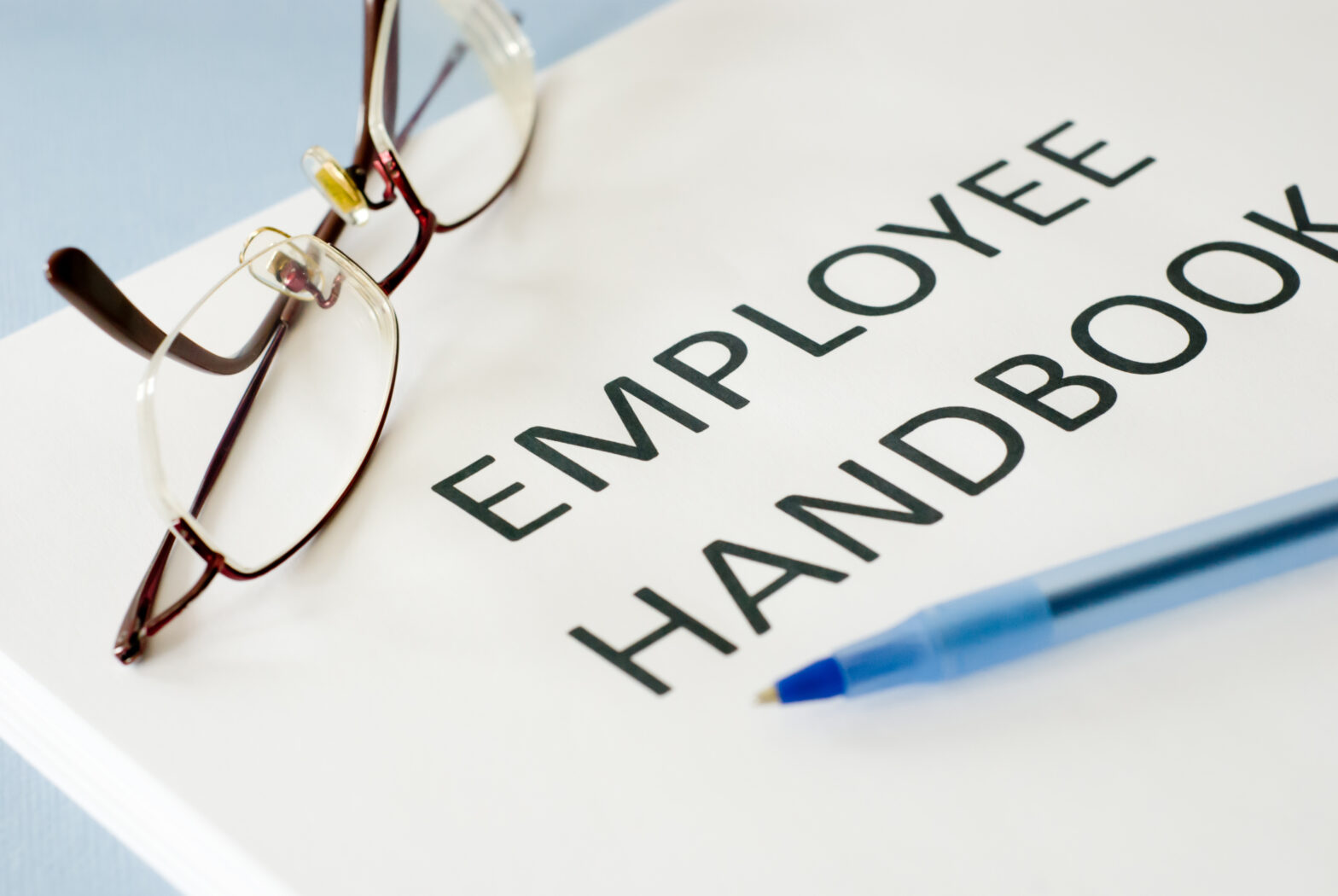As a business owner you have to be a jack of all trades, often taking on the roles of managing director, finance director, operations director and HR director. Some of your biggest hurdles, and often where businesses fail, is in decision making in an area you are less experienced in.
Let’s be clear, there is no such thing as a small decision as a business owner, and no such thing as a small hire.
For small businesses, the risk of a bad hire is far greater than at a larger corporate. If you make a bad hire or two in a big organisation, it can, for all intents and purposes, be hidden. At a company with a 1,000 people in it, or even somewhere with 200 or 300 people in it, it’s much more likely that there’s someone who can make up for the bad hire’s inefficiency and mistakes. But if you’re in a small business and you make a bad hire, the inefficiencies and mistakes carry much greater risks. A bad hire is now a sizeable fraction of your workforce – it’s right there, it’s visible and it’s painful.
A quick and efficient candidate search
While the process of hiring within a small business must result with a perfect match, the process has to be quick and efficient. After all, who in a small business can afford to have all their time eaten up by a lengthy and potentially inefficient candidate search?
If you get 20 shortlisted candidates for the same role, it’s likely they’ll all pretty much look the same, with similar lists of skills and similar achievements. How much of that is really important or useful to you? And how do you ensure your search for a candidate is efficient and you don’t waste valuable time on unsuitable candidates?
The answer lies in measuring mindset. Across the board, mindset is crucial to making the best possible call on your hires. Working in a small business, whether it’s a traditional law firm or a tech start-up, takes a flexible and agile mindset.
There are people who are not suited to a larger organisation, finding themselves constricted by rigid structures and processes. You won’t find them hiding behind corporate structures. These are most likely the people who wants to take on new things and not be constricted. They want to be constantly learning and exploring new experiences in the workplace, not simply sticking to the skills and roles they already have.
Hire this kind of mindset, and it comes at a benefit to both parties. The employee gets to turn up to work every day in an environment in which they thrive – their restless, explorative approach is supported and encouraged, while the employer enjoys the benefits of a person who will always get stuck in and help out across the business.
A collaborative mindset
It’s not just about the employee’s personal fulfilment. A collaborative mindset is just as crucial to a small business environment. Mucking in and trying new things is a test of your collaborative spirit – how well they can interact with the others around them. Offices can feel claustrophobic at the best of times, add to this intense, often ad-hoc workloads and processes and temperaments can be tested. If you’re the kind of person who prefers to clock in, sit in their cubicle, finish their own tasks and then clock out, then you’re not suited to a small business. Having someone that dives right in and gets comfortable with the uncomfortable is crucial to the small business owner – it’s not just a benefit, it’s a requirement.
Of course skillset should still lie at the heart of any hire, but it’s important to consider that skillset is something that doesn’t have to be fixed – it can be learned and developed over time.
If you have someone coming into a business with the skillset of an accountant they may join the team but then find themselves taking on sales responsibilities whenever they’re needed. That preexisting set of skills as an accountant will only take them so far. Eventually, they will need to start adapting and taking the approach of someone who is still learning in the business world – whether they’ve already spent years training or not. When it comes to adapting, collaborating and learning, mindset is crucial.
The right balance
It’s a case of finding the right balance of skillset and mindset when a business looks to hire someone. All businesses need to be open to questioning the long-term value of a rigid skillset, but this is magnified in the context of a smaller business. The role that someone fills is likely to change over time – perhaps even within a year of starting. Is it really worth choosing your hire purely on the skillset they have today when it’s likely they’ll need a whole new skillset a year down the line?
Skills can be learned and developed. Mindset is much harder to transform, and it’s certainly not something you can do in the short-term. That’s not to say it’s impossible – mindset certainly can be coached, but it’s not something you can fix in the short term by sending someone on a training course. Someone’s approach to collaboration, adapting to new environments and learning agility should be the real deciding factors. If a business finds a candidate that they think has the right skills, that’s just half the battle. The question they really need to ask themselves is: does this person have the mindset to mesh and thrive with us?
Tim Drake is head of talent management at Hudson UK.





